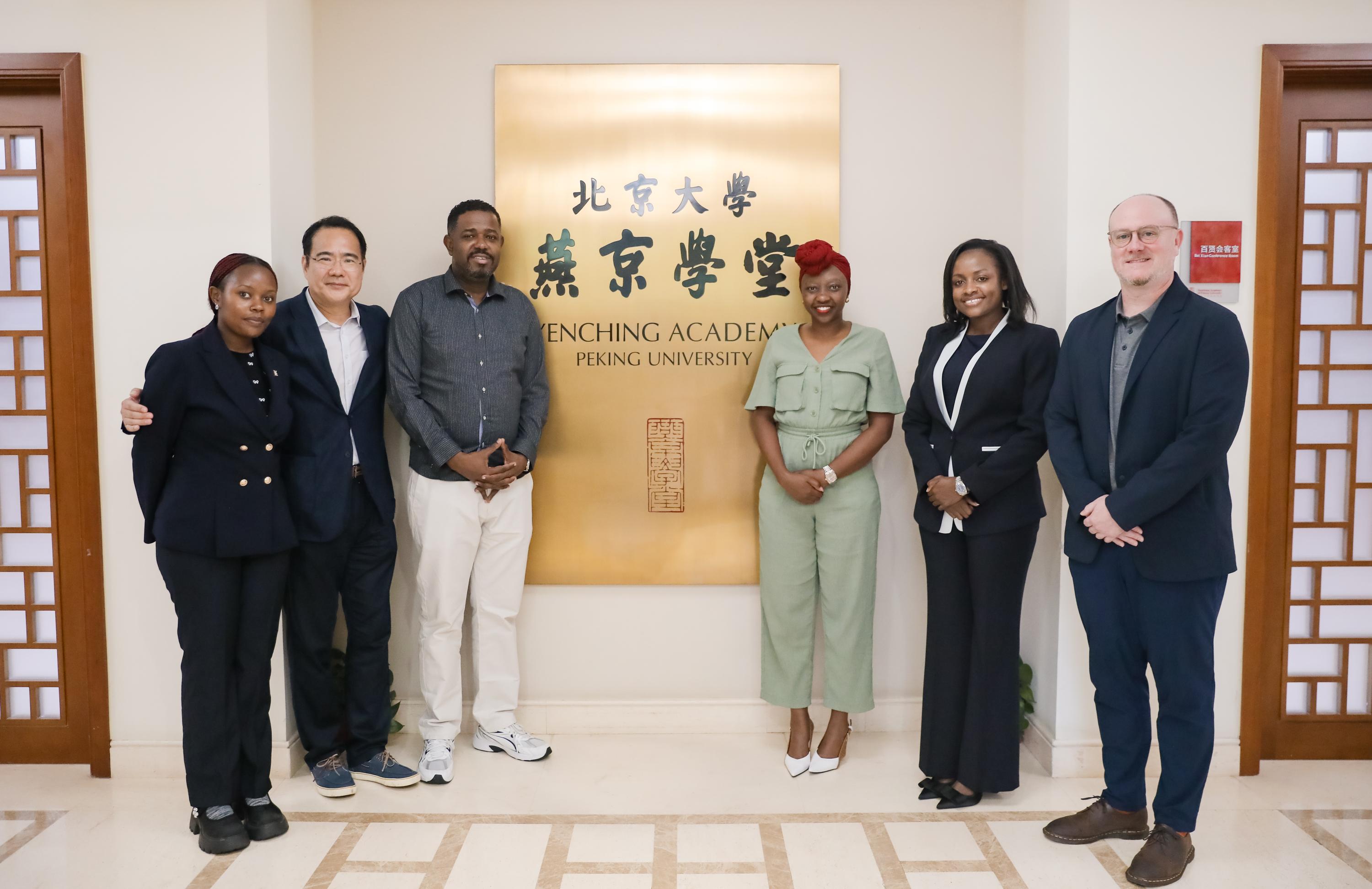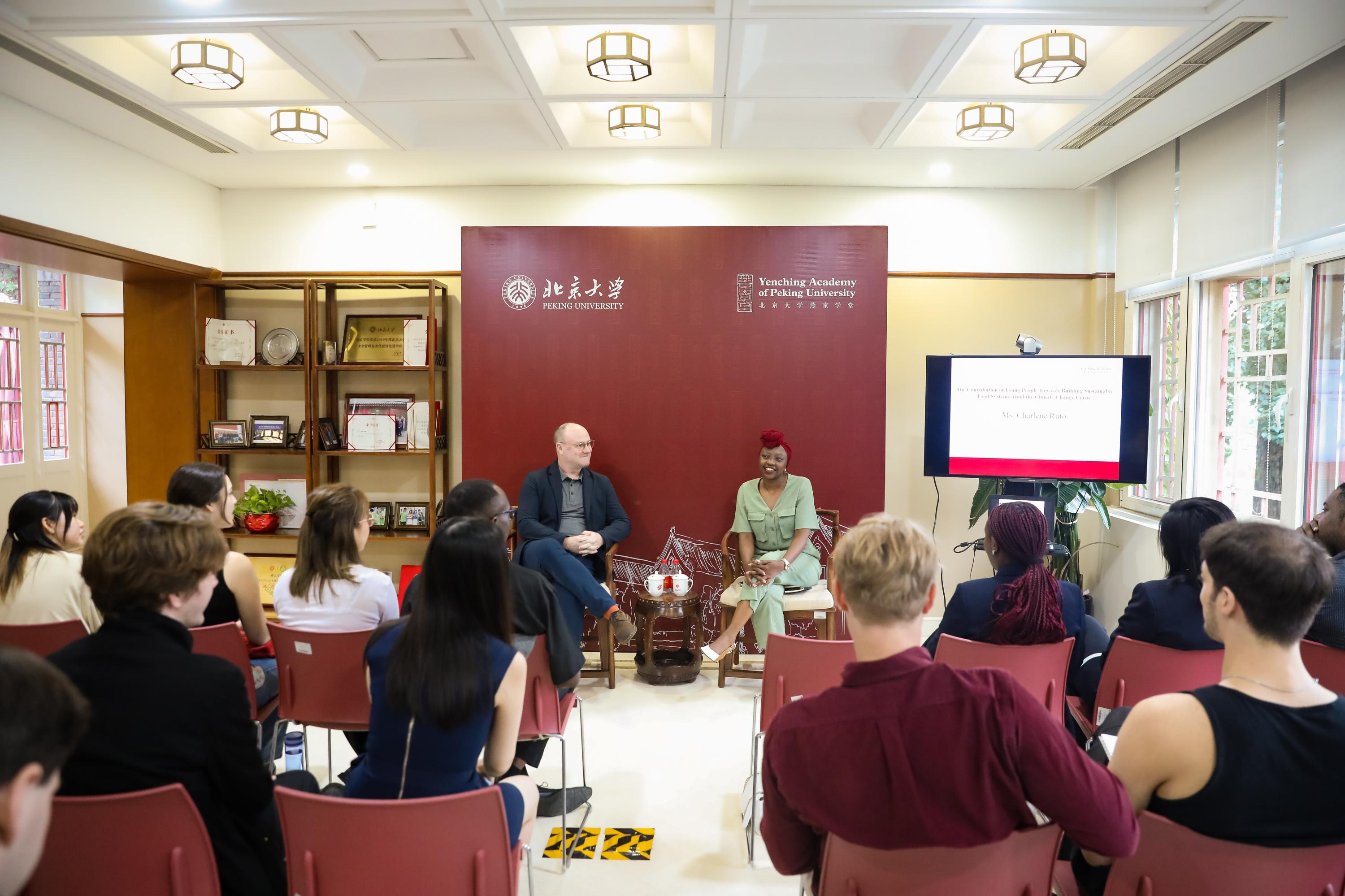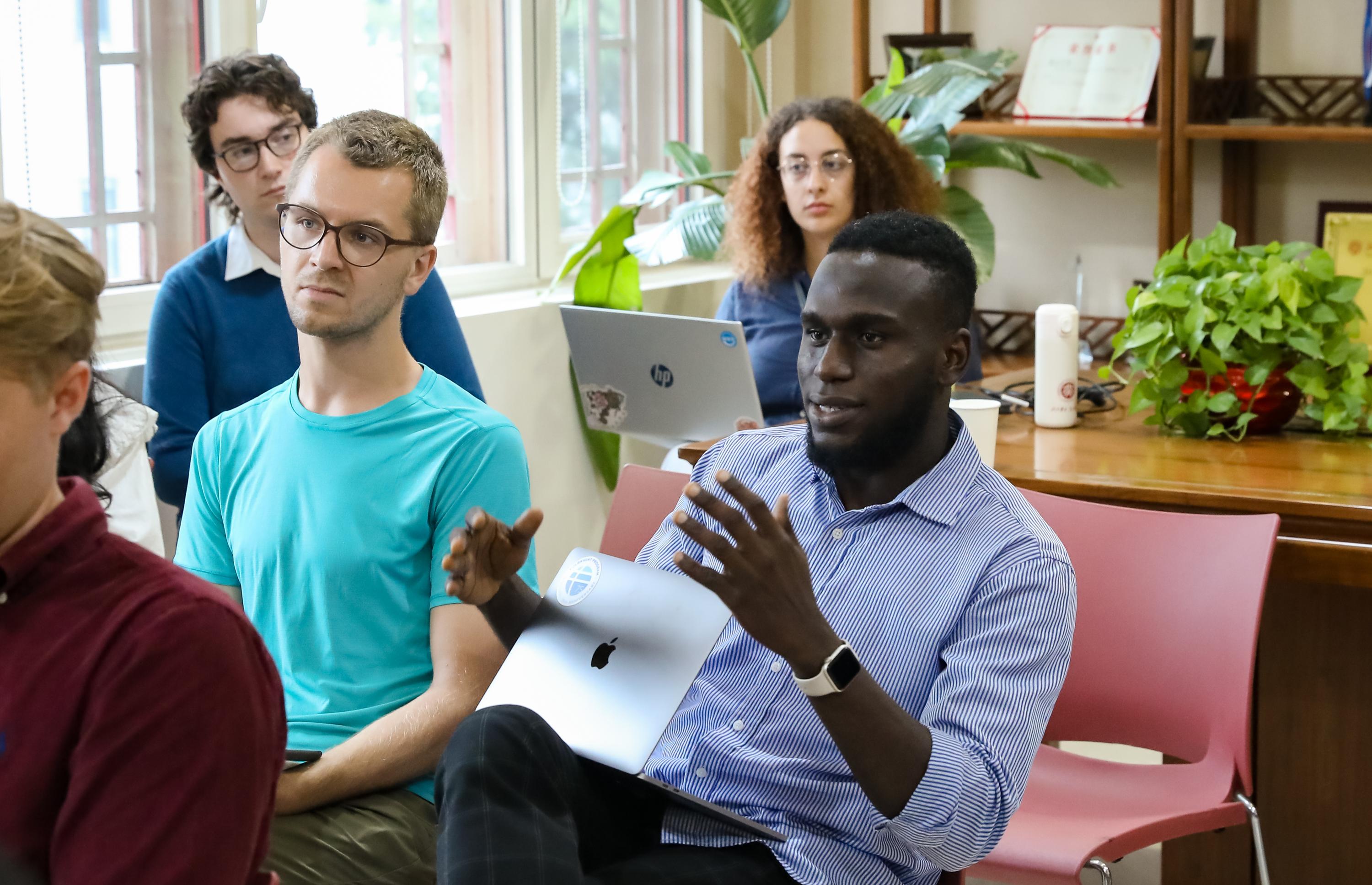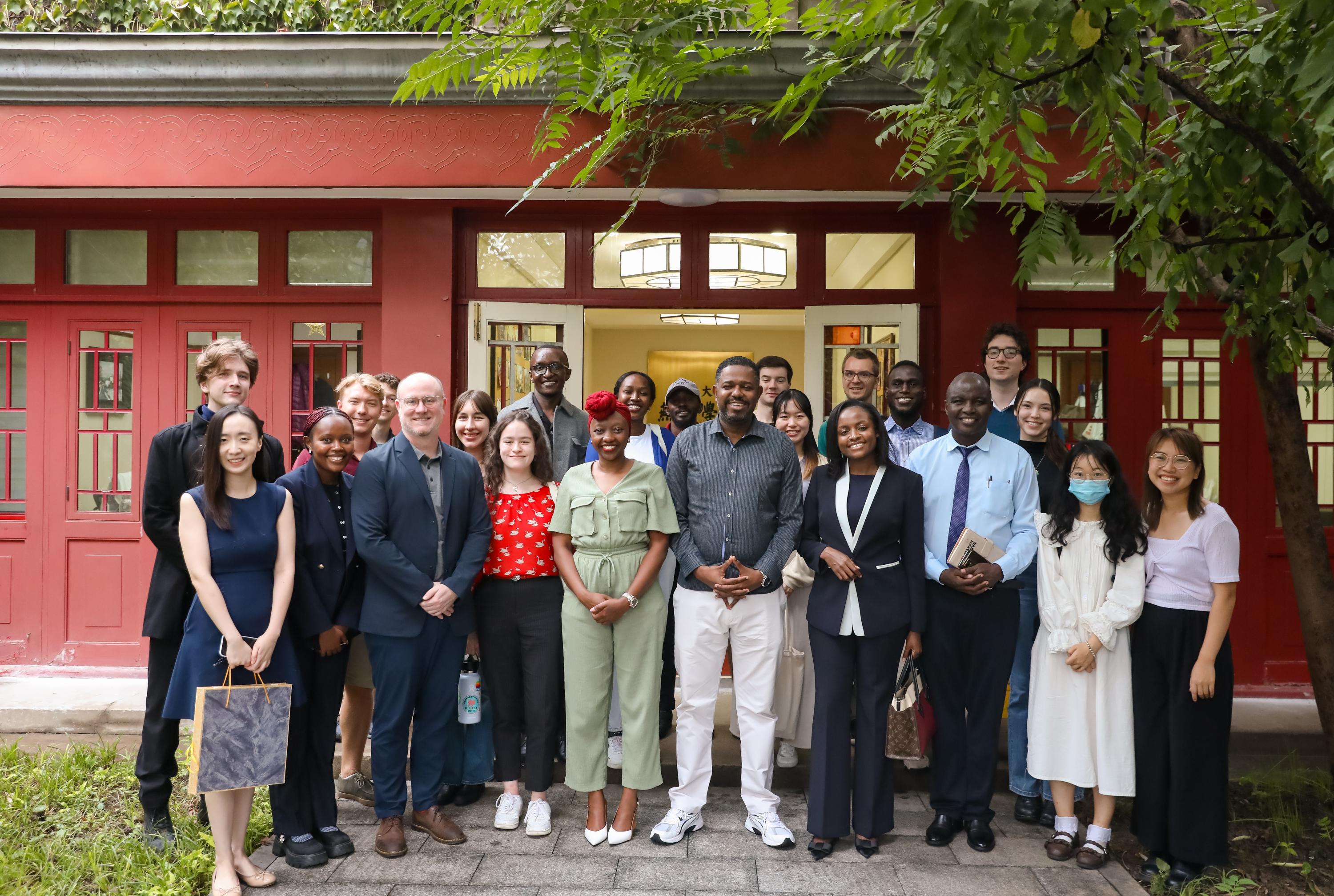On September 9th, the Yenching Academy of Peking University recently hosted Charlene Ruto, daughter of Kenyan President William Ruto, for a discussion on global leadership and advocacy. During the conversation, Charlene reflected on her identity and the challenges she has faced as the daughter of a prominent leader, emphasizing her personal journey of growth and self-realization.

Charlene addressed how her father’s position brought her unexpected attention. “There are mornings I would wake up, and I’m on the front page of the paper, and I don’t understand why. It’s just because I went to donate something in a school in a rural area, and everybody was like, ‘Does she want to be a politician? What is her agenda? Has she been sent by the President?’” she said. She described this as a struggle to define herself beyond the role of being the president’s daughter. “I was just coming out and fully becoming myself.”
She also shared advice from her uncle, who suggested she follow the example of many other children of prominent figures, staying quiet and avoiding the public eye. “He was telling me, you need to ask yourself why most children of prominent people are quiet and just do their things quietly,” she said. Charlene considered this advice but ultimately decided to pursue her own path. “I told myself, well, I’m not just a child of a prominent person. I’m Charlene, and I have my own identity, my own purpose, my own goals,” she said.

During her visit, Charlene also discussed the importance of staying connected to local communities while engaging with global issues. “To be an effective global leader, you need to stay aware of what’s happening on the ground,” she stated. “It’s essential to maintain a connection to reality, even when you’re dealing with high-level issues.” She stressed that leaders must balance their international responsibilities with their local commitments to remain effective in both spheres.
Charlene offered practical advice for those aspiring to enter global leadership. She emphasized the need to understand diverse political and social contexts. “Reading and understanding different political contexts, such as China’s, are vital. Engaging with various sources of information and interacting with people from diverse backgrounds are key to developing a well-rounded perspective,” she said.

Reflecting on international forums like the China-Africa Summit, Charlene acknowledged their role in shaping global partnerships. Although she did not attend the summit, she noted, “High-level meetings like the China-Africa Summit can set the stage for significant partnerships and initiatives. It’s crucial for organizations to leverage these opportunities to advance their goals and collaborate on shared objectives.”
Charlene also shared insights into her work with the Smart Foundation, an organization she leads. She discussed the foundation’s funding strategies, which initially relied on local investors and corporate social responsibility funds. As their projects grew, they sought international support. “As our projects grew, we began seeking international support to meet larger budgetary needs,” she said.

One key initiative Charlene highlighted was the Smart Foundation’s model farms, which aim to transform agricultural practices in Kenya by integrating sustainable methods. These farms are located in primary schools to promote hands-on learning among students. “Our model farms are designed to shift the perception of agriculture among young people. We combine agriculture with sustainable practices like agroforestry and beekeeping,” she said.
Charlene Ruto’s visit to Yenching Academy offered a deeper look into her personal evolution and leadership philosophy. She spoke candidly about the pressure of being a public figure and how embracing her identity helped her grow. Despite years of pushing back against the label of being the president’s daughter, she ultimately found strength in accepting her role and using it to pursue her own passions. “For 29 years of my life, I was fighting it. But actually, when I came to embrace it, and I came to embrace myself as well, it made my life much easier,” she said.

written by Anne Jing Ping Wen